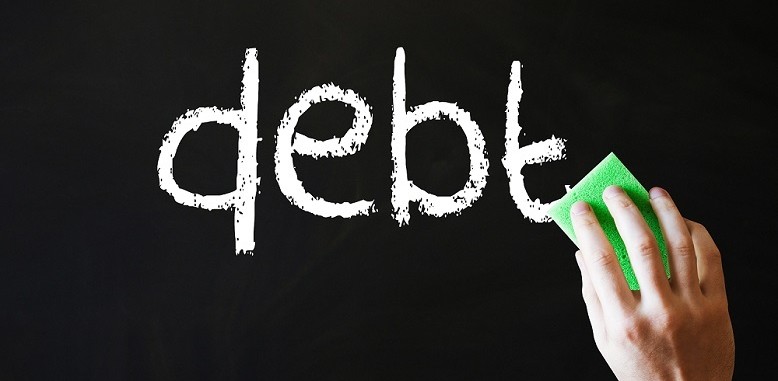In this blog we will answer the question of whether a bankruptcy stop a wage garnishment in New York. But before we answer the question, let’s look closer at the wage garnishment process in New York. If a creditor has a successfully sued a debtor in court and obtained a judgment, one method of collecting that monetary award is through wage garnishment (also known as income execution). These awards often stem from judgments on credit card debt, car loan deficiencies and increasingly, medical debt. Most creditors cannot get a garnishment order until they have first sued the debtor in court and obtained a judgment. However, there are a few exceptions to this rule. Your wages can be garnished without a court judgment for: unpaid income taxes, child support arrears, court ordered child support and defaulted student loans.
The Wage Garnishment Process
A wage garnishment requires an employer to withhold a certain amount of money from an employee’s paycheck and then send this money directly to the creditor who obtained the garnishment.
The typical wage garnishment process happens like this:
- A creditor files a lawsuit against debtor and obtains a judgment.
- The creditor’s lawyers send an employer an information subpoena, which requires the employer to reveal how many hours the debtor works and how much they make.
- The creditor’s lawyers then sends an income execution form to a City Marshal (or County Sheriff outside of New York City).
- The marshal or sheriff will send the debtor a copy.
- The debtor have 20 days from receiving the income execution to pay the Sheriff themselves.
- If the debtor does not pay the marshal (or sheriff), the creditor can then garnish the lesser of 10% of the debtor’s gross wages or 25% of their disposable income to the extent that this amount exceeds 30% of minimum wage until the debt is paid. If your disposable income is less than 30 times minimum wage ($240), it cannot be garnished at all.
Filing For Bankruptcy
When a debtor files a bankruptcy petition, any wage garnishment is supposed to stop immediately. This is because of section 362 of the Bankruptcy Code that creates an automatic stay. The automatic stay is very powerful as it put on hold “the commencement or continuation, including the issuance or employment of process, of a judicial, administrative, or other action or proceeding against the debtor that was or could have been commenced before the commencement of the case under this title, or to recover a claim against the debtor.” Furthermore, the automatic stay requires that any funds that are taken post-filing are to be returned to the debtor.
Once the debtor receives a discharge in their bankruptcy case, their debt is eliminated and the creditor can no longer collect on the debt. In fact, if they did it would be a violation of the Bankruptcy Court’s discharge order, and if done willfully could result in a contempt order against the creditor and punitive damages paid to the debtor.
If you have any questions about wage garnishments or bankruptcy in New York, please feel free to contact the Law Offices of David I. Pankin, P.C. at 888-529-9600 or by using our easy online contact form.






